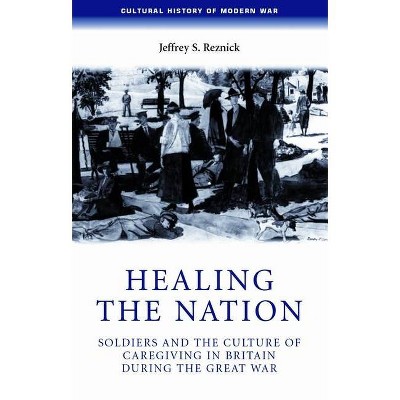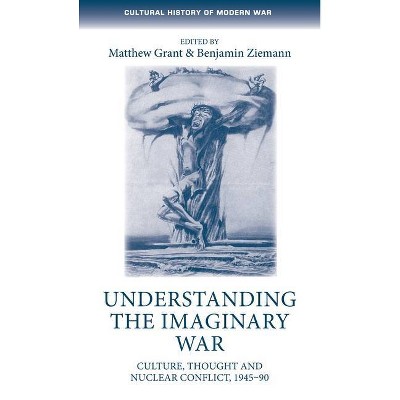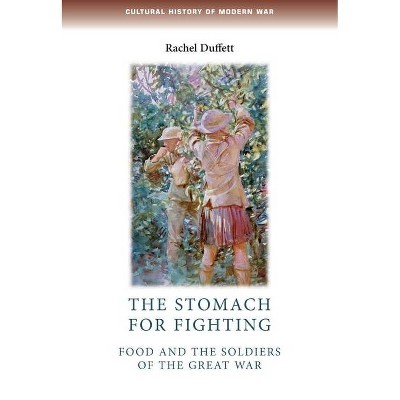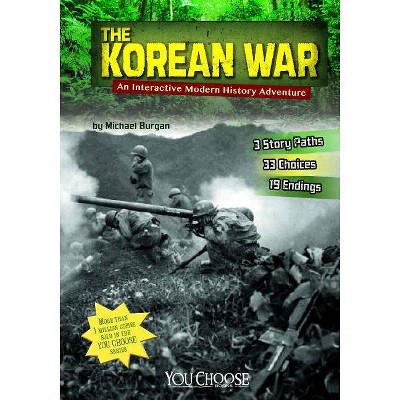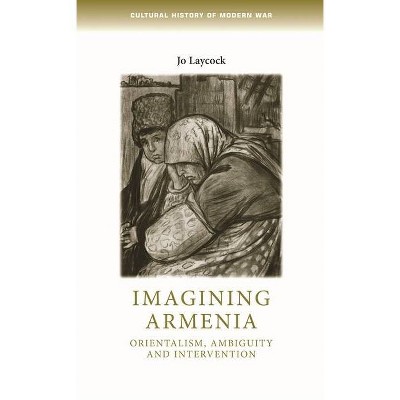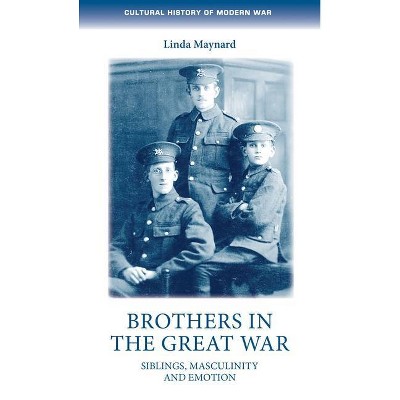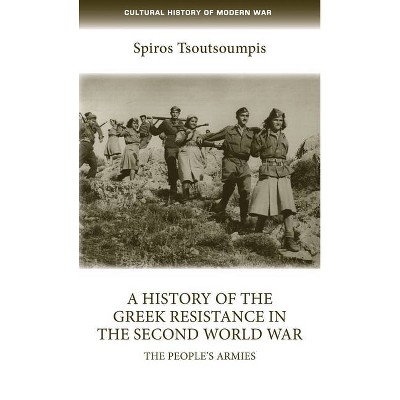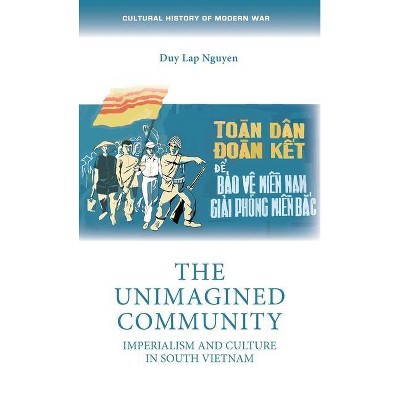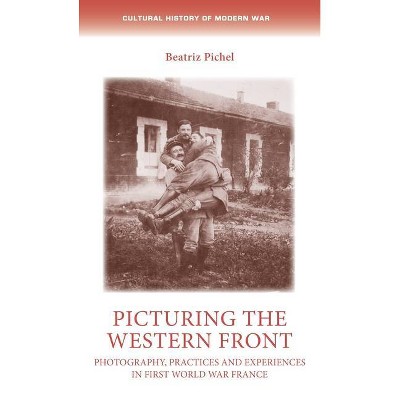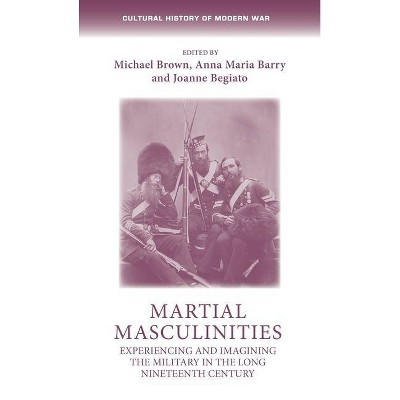The Secret Battle - (Cultural History of Modern War) by Michael Roper (Paperback)
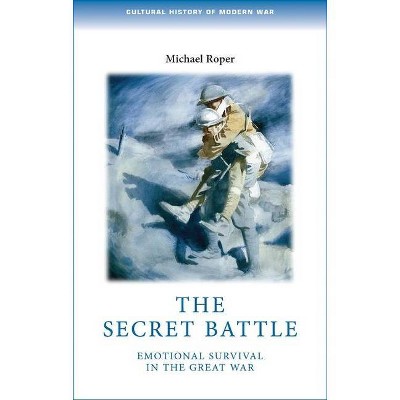
Similar Products
Products of same category from the store
AllProduct info
<p/><br></br><p><b> About the Book </b></p></br></br>This is a study of domestic life during the war, of what people on the home front did to support men at the front, and of how soldiers in trenches organised the routines of feeding, rest, warmth, washing, that ensured their survival.<p/><br></br><p><b> Book Synopsis </b></p></br></br>What did home mean to British soldiers and how did it help them to cope with the psychological strains of the Great War? Family relationships lie at the heart of this book. It explores the contribution letters and parcels from home played in maintaining the morale of this largely young, <br>amateur army. And it shows how soldiers, in their turn, sought to adapt domestic habits to the trenches. Pursuing the unconscious clues within a rich collection of letters and memoirs with the help of psychoanalytical ideas, including those formulated by the veteran tank commander Wilfred Bion, this<br>study asks fundamental questions about the psychological resources of this generation of young men. It reveals how the extremities of battle exposed the deepest emotional ties of childhood, and went on marking the post-war domestic lives of those who returned.<p/><br></br><p><b> From the Back Cover </b></p></br></br>What did home mean to British soldiers and how did it help them to cope with the psychological strains of the Great War? Family relationships lie at the heart of this book. It explores the contribution letters and parcels from home played in maintaining the morale of this largely young, amateur army. And it shows how soldiers, in their turn, sought to adapt domestic habits to the trenches. Pursuing the unconscious clues within a rich collection of letters and memoirs with the help of psychoanalytical ideas, including those formulated by the veteran tank commander Wilfred Bion, this study asks fundamental questions about the psychological resources of this generation of young men. It reveals how the extremities of battle exposed the deepest emotional ties of childhood, and went on marking the post-war domestic lives of those who returned.<p/><br></br><p><b> Review Quotes </b></p></br></br><br>Roper has not only written a highly readable, riveting account of certain emotions at war, but has also contributed something very new to the history of warfare generally. There is simply nothing else like this book currently in the field. It will serve as a model upon which further research is conducted.'<br><p/><br></br><p><b> About the Author </b></p></br></br><br>Michael Roper is Senior Lecturer in the Department of Sociology at the University of Essex.<br>
Price History
Price Archive shows prices from various stores, lets you see history and find the cheapest. There is no actual sale on the website. For all support, inquiry and suggestion messages communication@pricearchive.us
